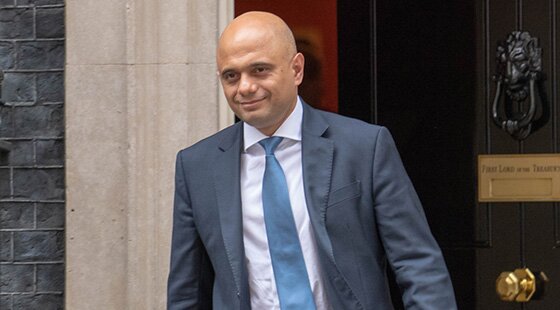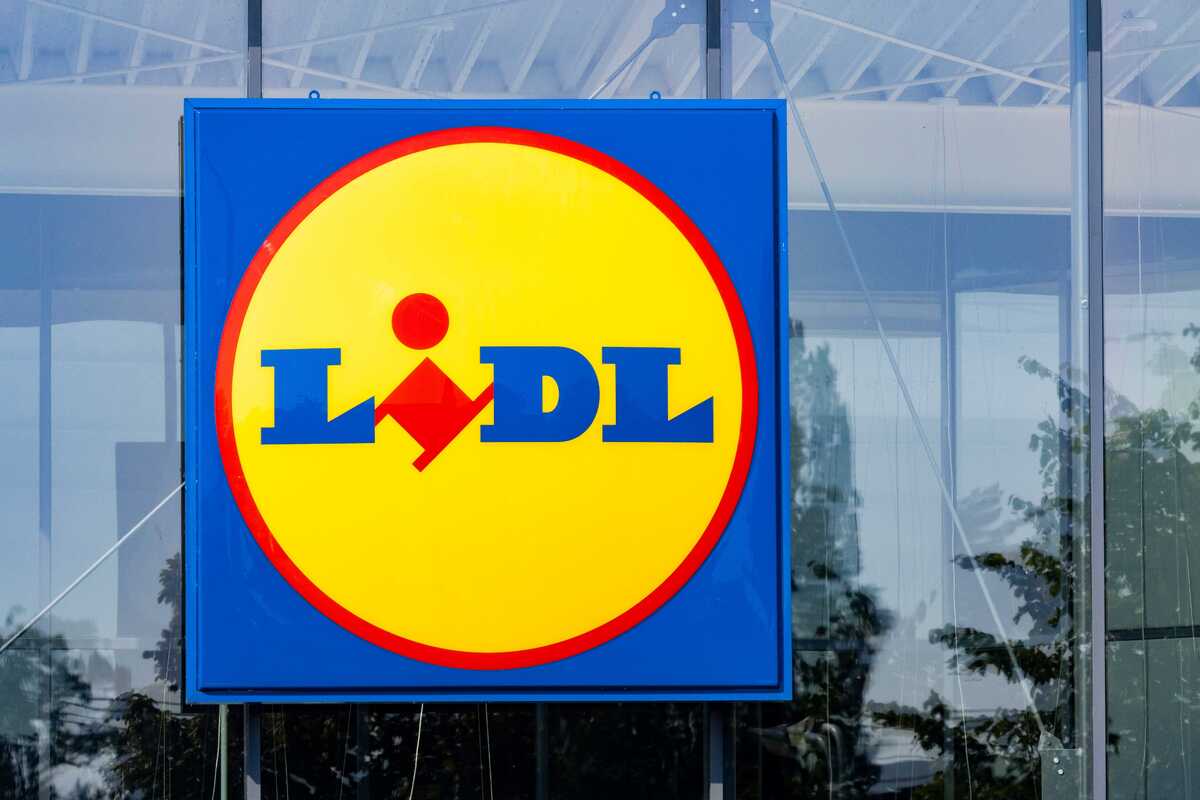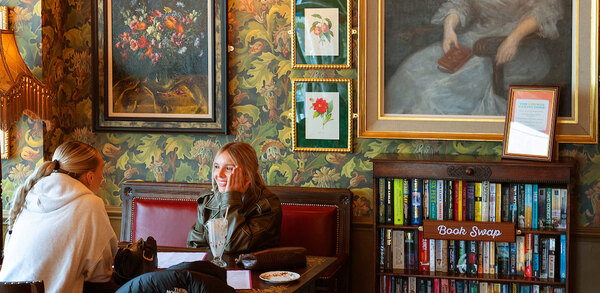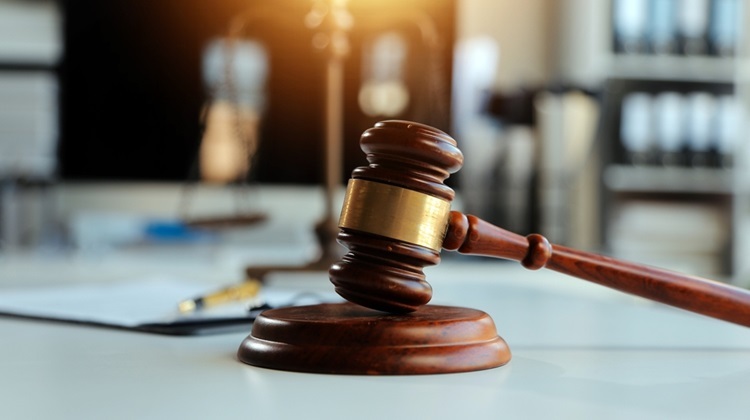Vaccine passports could be introduced at just one week’s notice in government's winter Covid plan
Mandatory face masks and vaccine certification in certain settings will be part of the government’s ‘Plan B’ for managing Covid-19 during the autumn and winter months and could be introduced at just one week's notice.
Health secretary Sajid Javid said the contingency measures would be used “only if needed and supported by the data to prevent unsustainable pressure on the NHS”.
Possible steps would include legally mandated face coverings and asking people to work from home if they can for a limited time. Javid added that mandatory vaccine certification would be a power the government would hold “in reserve”.
He said: “Any responsible government must prepare for all eventualities and although these measures are not an outcome that anyone wants, it’s one that we need to be ready for just in case."
When asked about vaccine passports, he added: "I’ve made the government’s position clear. It is not something we are implementing. We are not going ahead with any plans for that. I think for any government to do something like that it would be such a big decision and it would have to be backed up by the evidence and the data. That evidence is not there and I hope it will never be that situation but to keep it in reserve is the right thing to do."
Under Plan B, the government said it expected that mandatory vaccine-only certification would be introduced for visitors to the following venues:
- All nightclubs;
- Indoor, crowded settings with 500 or more attendees where those attendees are likely to be in close proximity to people from other households, such as music venues or large receptions;
- Outdoor, crowded settings with 4,000 or more attendees where those attendees are likely to be in close proximity to people from other households, such as outdoor festivals; and
- Any settings with 10,000 or more attendees, such as large sports and music stadia.
Wedding ceremonies, funerals and other commemorative events, protests and mass participation sporting events would be exempt.
Last weekend the government scrapped plans to introduce vaccine passports for nightclub entry in England, only a week after vaccines minister Nadhim Zahawi announced vaccine passports would be introduced in England by the end of September.
Speaking yesterday, the prime minister said there was no specific criteria for moving to ‘Plan B’, but the aim would be to stop the NHS being overwhelmed.
He added that it was “not sensible” to completely rule out the use of vaccine passports and that they could still make the difference between keeping businesses open at full capacity or not.
“When you’ve got a large proportion of the country with immunity then smaller changes can make a bigger difference [and] give us the confidence that we will not need to go back to the lockdowns of the past,” said Boris Johnson.
UKHospitality chief executive Kate Nicholls warned the hospitality sector was still in a “fragile state” and any setbacks over the winter would result in more business closures.
She added that the ‘Plan B’ measures could have “significant and drastic” impacts on the sector, particularly nightclubs and large-scale events.
“These sectors have been hit hardest and have been at the very back of the queue for reopening and such measures would severely undermine their profitability and ability to recover over the winter months," said Nicholls.
"Similarly, work from home orders or guidance would have a significant impact on our city and town centres, not only damaged by restrictions and enforced closures but also significantly reduced footfall.”
Last week the Scottish government voted to introduce vaccine passports for entry into nightclubs, music festivals and some football grounds from 1 October.
Photo: Shutterstock"


















